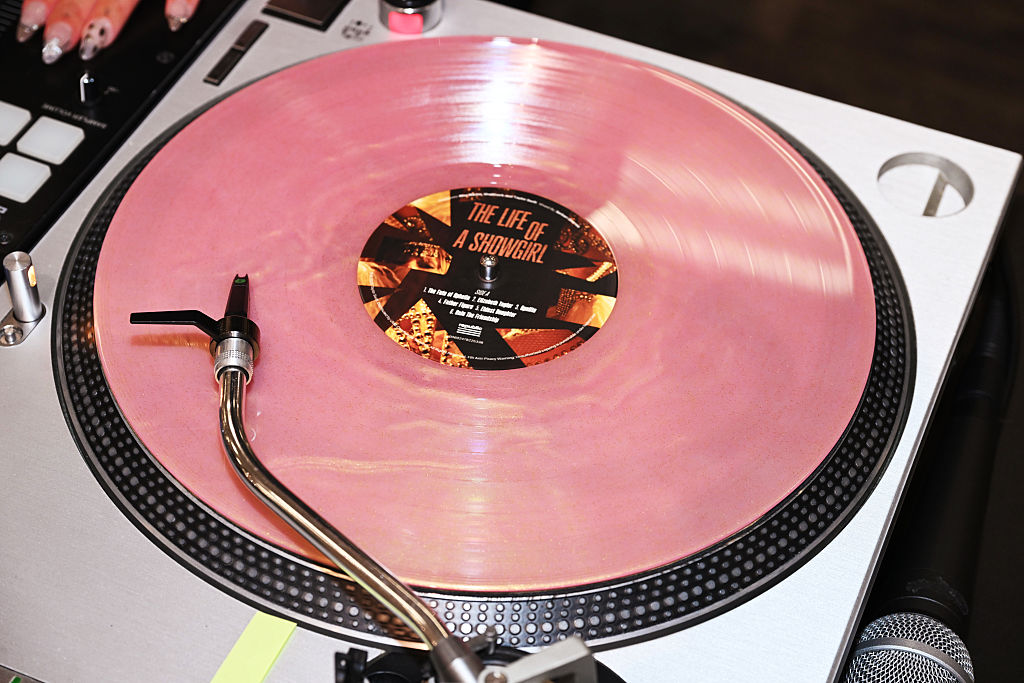The recent downfall and shaming of Kanye West was likely to have been greeted with schadenfreude by at least one 32-year-old pop star. In 2009, West interrupted Taylor Swift’s winning best female video at the MTV Video Music Awards to inform her that the gong should have gone to Beyoncé instead. Their relationship ever since has been a gossip-friendly roundabout of fallout, reconciliation, sniping and bitching.
West’s current defenestration from public life, owing to antisemitic comments he made, has not been publicly alluded to by Swift yet. But the lyrics from the song “Karma” on her new album Midnights might make tacit reference to their ongoing feud, as Swift castigates an anonymous man for “talking shit/For the hell of it/Addicted to betrayal but you’re relevant.”
It isn’t too much of a stretch to infer that this is a riposte to West’s notorious line from his song “Famous” that “I feel like me and Taylor might still have sex/ Why? I made that bitch famous.” Yet Swift dealt with this on several of the songs from her 2017 album Reputation. And while it’s amusing to speculate whether West still lives rent-free in Swift’s head — or vice versa — it’s more interesting to look at the way Midnights, which will almost certainly become 2022’s bestselling album, reflects how its creator now occupies a place in international consciousness that no other artist (not even her ex-boyfriend Harry Styles, supposed subject of her single “We Are Never Ever Ever Getting Back Together”) currently does.
Whether Midnights is a good or bad album is almost irrelevant. Personally I preferred the previous two records, Folklore and Evermore, with their arch cottage-core aesthetic and guest appearances by indie rock stalwarts such as Bon Iver and The National. But then Midnights represents another successful exercise in the polished, glacial electropop that Swift has been refining since her first crossover hit Red. Songs such as “Anti-Hero,” the Lana del Rey collaboration “Snow On The Beach” and “Labyrinth” are premium exercises in beautifully produced and elegantly tuneful contemporary popular music.
If one reaches the end of the album and regrets the absence of a cast-iron banger like “Shake It Off” or even “You Need To Calm Down,” then this misses the point. Midnights represents the latest step in Swift’s imperial domination of popular culture. Her chameleonic ability to tap into the zeitgeist is mirrored only by the way her every lyric is pored over for signs of significance by her adoring — or obsessed — fans, the so-called “Swifties.”
Swift is an extremely intelligent woman, and Midnights is an album that hums with accomplished, clever ideas. If some of the songwriting feels as if she is merely refining the Reputation template, then she knows better than to annoy a fanbase of millions. So while there is the occasional sense of business as usual, that has to be set against the way she understands her market better than any of her contemporaries.
The music industry is in peril at the moment, beset by crass, inelegant practitioners and repetitive and boring musical concepts. While it would be overstating the case to suggest Swift is a one-woman answer, her continuing curiosity and talent are a welcome corrective to the bland tedium that her peers are mired in. Kanye West 0, Taylor Swift 1, then.





















